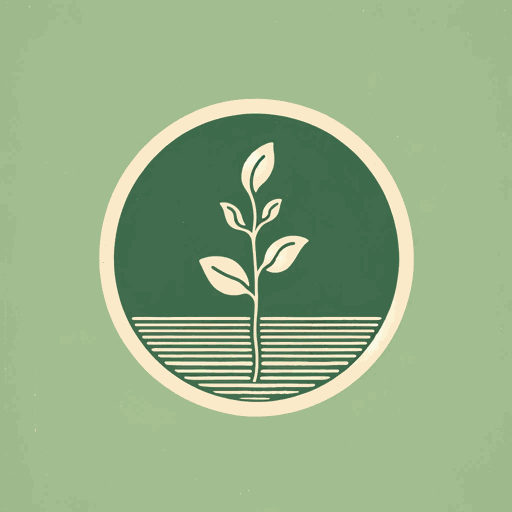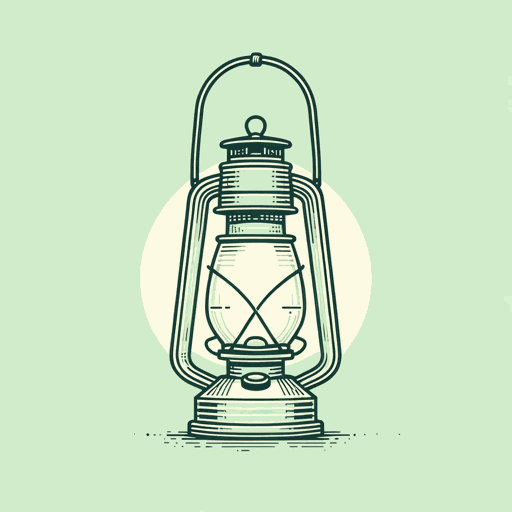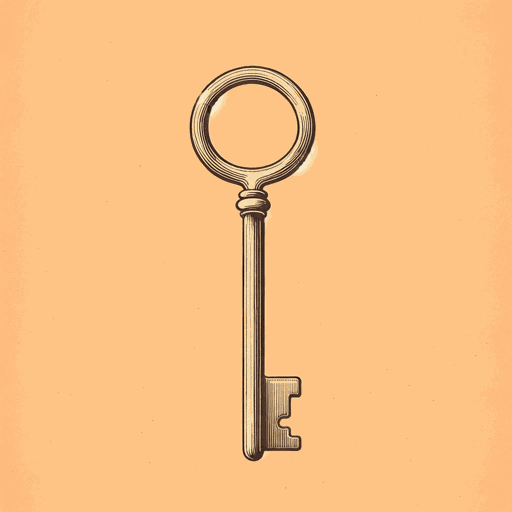82 pages • 2 hours read
Henry David ThoreauWalden
Nonfiction | Autobiography / Memoir | Adult | Published in 1854A modern alternative to SparkNotes and CliffsNotes, SuperSummary offers high-quality Study Guides with detailed chapter summaries and analysis of major themes, characters, and more. For select classroom titles, we also provide Teaching Guides with discussion and quiz questions to prompt student engagement.
Themes
Anti-Capitalism and Self-Reliance
Throughout Walden, Thoreau describes the ways capitalist systems have created a cycle of dependency for workers. Thoreau explains that capitalism obliges laborers to work hard just to procure their basic needs of food, shelter, clothing, and fuel—resources owned by companies turning a profit. Because laborers must work so hard just to survive, they do not have time to pause and reflect on their lives, appreciate beauty, or fill their days with spiritual richness. Thoreau does not mince words regarding the physical and spiritual tolls of capitalism, speculating that the process of simply paying off ones’ home “take[s] from ten to fifteen years of the laborer’s life” (54).
Thoreau posits that “men have become the tools of their tools” (65) because capitalism has taught them to crave unnecessary and empty luxuries. In Thoreau’s opinion, this pursuit of luxury distracts from the hollowness of capitalist living cycles. Thus, he pursues the experience of living in woodland isolation as an alternative to capitalist dependence.
Thoreau moves to an area that is miles from the nearest post office, where his closest neighbors are the trees, the pond, and the animals rather than humans. He expresses his desire to “reduce [life] to its lowest terms” (157) and re-discover what it means to live without the distractions of civilization.
Related Titles
By Henry David Thoreau




